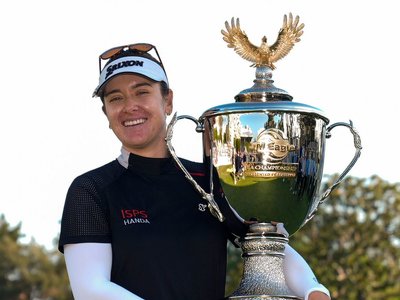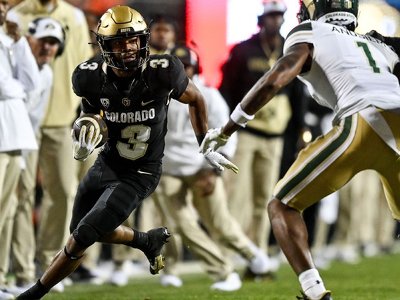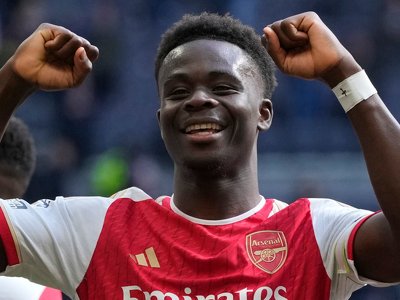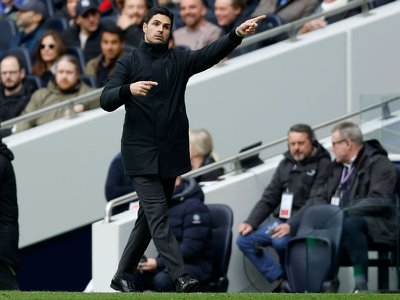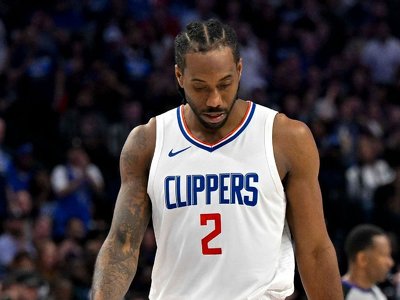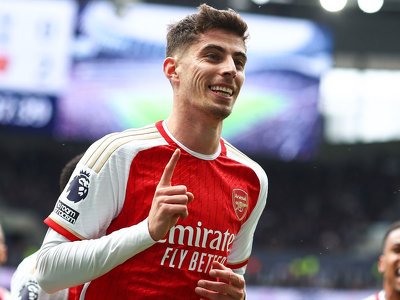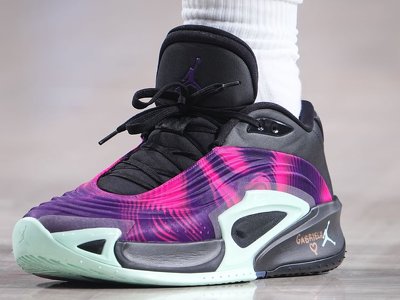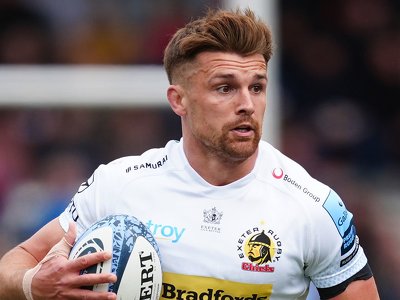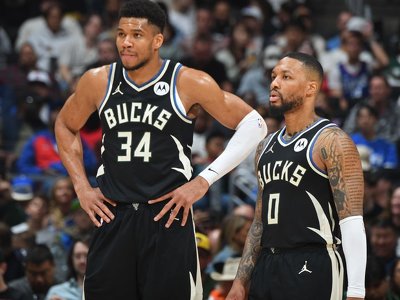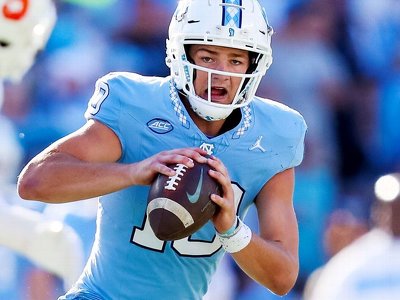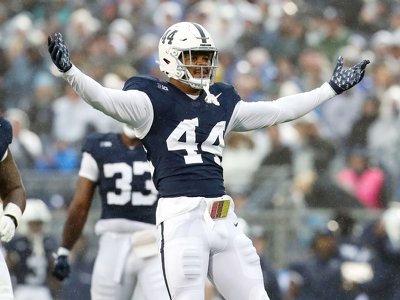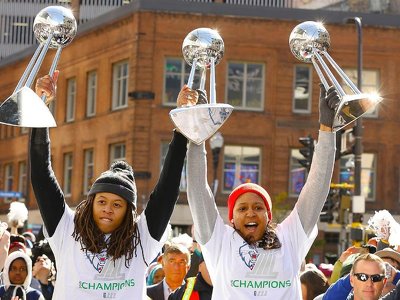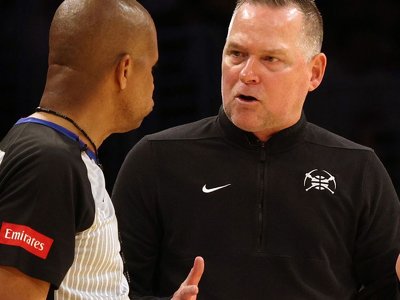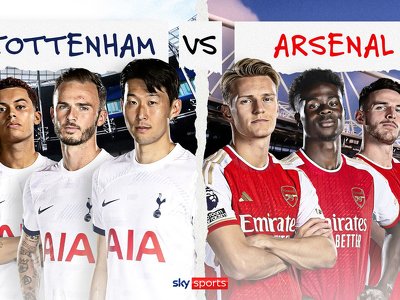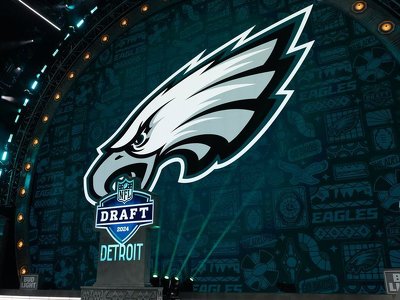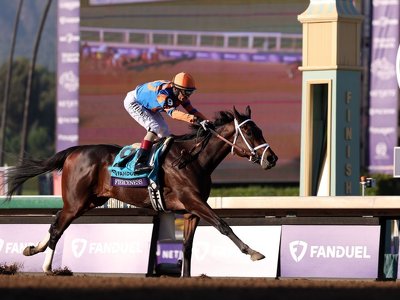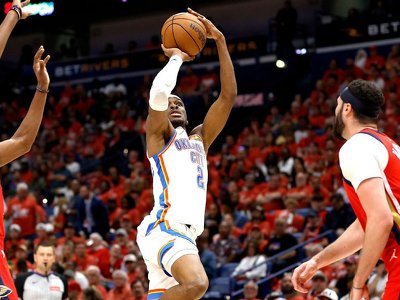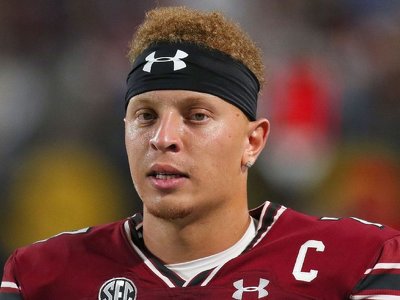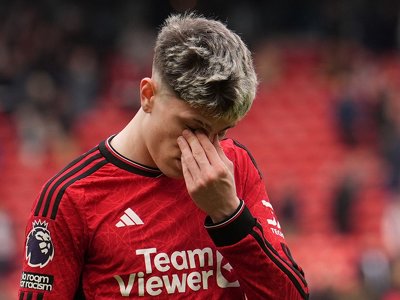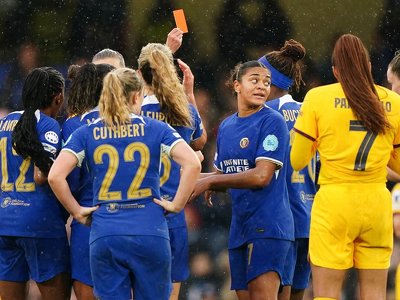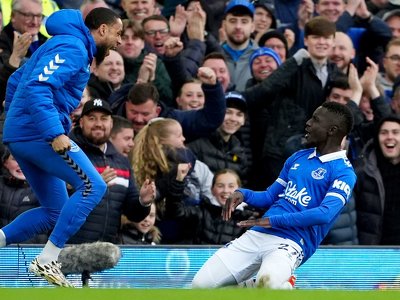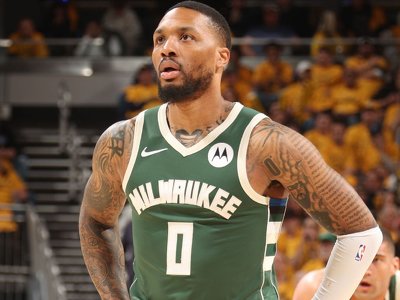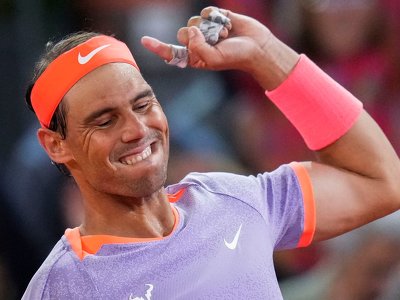The best NFL draft pick at every slot

You're watching Day 3 of the NFL draft, catching a couple of names you recognize from college here and there and wondering when your favorite team picks next. Pick No. 188 goes across the board, and a little voice in your head wonders: "Why even bother making pick No. 188? Pick 188 is never going to matter. Who's even the best player to come out of Pick 188?"
Danny Trevathan. The best 188th pick ever was Danny Trevathan.
I know this because I've spent the past month or so looking at every draft pick since the common draft era began (1967) and using the modern seven-round format (Nos. 1-262) to answer that very question: Who was the best player taken at this draft slot? Plenty of "Oh, I remember him!" moments ... and plenty of impossible decisions.
How I went about things:
I took "best" to mean some combination of "most talented" and "most successful." As is always the challenge in debating the bestness of football players, any argument that exclusively looks at Super Bowl wins and All-Pro nods is insufficient and lacks context. Similarly, any argument that leans solely on individual player stats and film impressions is lacking as well. I generally tried to use historical accolades to contextualize career-long production. Peak season performance and single-season record-setting also mattered to me; this isn't just a measure of who played the longest but also who played ... well, the best. And of course, rings matter because rings always matter. But there's no formula here. There's my read on each pick, levied as fairly as I could make it. Disagreement is expected.
In order to be the best draft pick, you kind of have to play for the team that drafted you. I only used this rule to the water's edge -- I'm not dumb enough to knock Brett Favre because he was drafted by the Falcons. But when it came to splitting hairs, the spirit of the exercise implies that the player was talented and the team that drafted him was successful because of the pick. Lifers for one franchise got an edge over career journeymen.
There isn't a bump for QB value (unless it was inescapable). Again, the specifics of the exercise established a guardrail. Is "best draft pick" the same as "most valuable draft pick?" If that feels like a pointless distinction, understand that I had to make it in order to solve several ties. I'm interested in finding the best player regardless of position, which means that safeties can beat quarterbacks, and guards can beat pass rushers. Only in cases of the blatantly obvious (see: Purdy, Brock) did I let the expanded impact of the quarterback position affect my choice.
I am 28 years old. I did my best with the stars of the 1970s and 1980s, but please do not interpret any mischaracterizations of the historical GOATs as ageist propaganda. When I'm being deliberately anti-throwbacks, I'll make it very clear, I promise.
Enough of that. Let's get to the picks. I wrote on the top 100 here, and then also picked out a few outside the top 100 to discuss further. Here are the best selections ever at each slot.
Jump to:Round 1 | Round 2 | Round 3Outside the top 100 picks
Fourteen Hall of Famers have been selected with the first overall pick since the draft began in 1936, including Bruce Smith, Orlando Pace, John Elway, Terry Bradshaw and Earl Campbell. (By the time Myles Garrett is done, we'll be well on our way to the 15th.) As such, selecting a winner for the best No. 1 pick ever is the splitting of fine hairs, but Peyton Manning gets my nod. Five MVPs, two Super Bowl championships (with two different teams) and still-standing records for single-season passing touchdowns (55) and single-season passing yardage (5,477) is an impossible résumé to knock.
To commemorate the 25th year of The ESPYS, we celebrate 25 athletes who have made the greatest mark on this quarter century. Peyton Manning became more than just Archie's son; he grew into the NFL's all-time leader in passing yards and passing touchdowns.
The best defensive player of all time is also the best second overall pick of all time. Taylor is one of two defensive players to ever win league MVP (in 1986, joining defensive tackle Alan Page in 1971), and that rarefied air all but cements him over contenders such as Marshall Faulk, Julius Peppers and Calvin Johnson. Modern contenders such as Von Miller, Saquon Barkley and Nick Bosa are excellent in their time but don't hold a candle to L.T., who finished his 13-year career with 142 sacks.
The pick at No. 3 was one of the most challenging of the early selections. Both Anthony Munoz and Joe Thomas are Hall of Famers for their longevity -- not just for career length but also for sticking it out with one squad (mostly). Sanders, in comparison, retired earlier than some expected and could have cleared Walter Payton's career rushing record had he kept it chugging (he finished with 15,269 yards, 1,457 behind Payton).
I gave the edge to Sanders for his stylistic impact on the game and his lasting impact on Detroit football; he is still the best Lion in history, whereas neither Munoz nor Thomas is the best Bengal or Brown, respectively. But this was close.
Impossible to argue anyone over Sweetness when you consider his impact both on and off the field. Put another way: Guys with awards named after them tend to be the best draft pick at their slot ever, even without mentioning his 16,726 rushing yards. All due respect to Charles Woodson, Derrick Thomas and Mean Joe Greene.
It's a loaded fifth pick (Junior Seau, LaDainian Tomlinson, Jalen Ramsey and Ja'Marr Chase), but Sanders gets the nod for his unique place as a two-way player (not to mention his two rings -- one of which came in his Defensive Player of the Year season -- and his six first-team All-Pro appearances). Does he also get a bump for providing excellent return on a sixth-round draft pick in the MLB draft? Who's to say?
A first ballot Hall of Famer and one of the best offensive linemen of all time, Jones just beat out a glut of receivers taken with the sixth overall pick (Tim Brown, Julio Jones, James Lofton and Torry Holt). I would hear arguments for the first two; I would not hear arguments for the latter two. Walter Jones is one of only four Seahawks with his number retired and is probably the greatest Seahawk in history.
The last non-quarterback to win the MVP award, Peterson led the league in rushing yardage three times in his career: 2008, 2012 and 2015. That's a testament to both his excellence -- the next most recent players with at least three seasons of league-leading production are Barry Sanders and Emmitt Smith -- and his longevity. Three times over an eight-year span!
"All Day" was my pick over Champ Bailey, but watch out for Josh Allen. He and Peterson have the same number of MVP trophies and Super Bowl appearances ... for now.
A four-time Super Bowl champion with the 49ers and eight-time first-team All-Pro, Lott is one of the most decorated players in history. He also benefits from lighter competition than many of the other top-10 picks; also under consideration were Willie Roaf, Mike Munchak and Larry Csonka.
Matthews made 14 Pro Bowls over his 19-year NFL career, which is frankly ludicrous. He played all across the offensive line, long-snapped for special teams and spent his entire career on just one team (even if that team changed names and locations, from the Houston Oilers to the Tennessee Titans, during his career). But despite his glowing résumé, it wasn't easy taking Matthews over Brian Urlacher.
Our first active player is Mahomes, who somehow easily clears Rod Woodson, Terrell Suggs and Marcus Allen despite being maybe halfway through his career. A two-time MVP, three-time Super Bowl champ and three-time Super Bowl MVP, Mahomes will likely build a compelling argument for being the greatest quarterback ever by the time his career is done.
• Early mock drafts: Miller | Reid• Top five by position | Top QBs to know• Scouts pick 10 sleepers | Read more
It was a little tricky to take Watt over Hall of Famers such as Michael Irvin and Patrick Willis -- until you remember that Watt will be a first-ballot lock. Injuries robbed us of a real race between Watt and Aaron Donald for best modern defensive player. From 2012 to 2015, Watt earned four consecutive first-team All-Pro nods and won three Defensive Player of the Year awards. He was building an all-time résumé and should be remembered as an all-time player.
The only Hall of Famer selected with the 12th overall pick (so far), Sapp was one of those rare defensive tackles who could accumulate sacks from the interior. He has a Defensive Player of the Year award and a Lombardi Trophy on his shelf. How much longer can he hold off Cowboys pass rusher Micah Parsons, though? It depends on the hardware Parsons collects over his own career.
Donald was actually not the slam dunk that I thought he would be here, as Tony Gonzalez -- owner of just about every career tight end production record you can think of -- put up a good fight. As it is, Donald played 10 seasons and made eight first-team All-Pros, which is about as dominant as dominant gets. His 20.5 sacks in 2018 remain a towering, almost unachievable figure for a defensive tackle.
This is very unfair, but here it goes: If Jim Kelly had won a Super Bowl, he probably beats Revis out. But he didn't, and Revis did. Kelly also didn't collect as many All-Pro appearances as Revis did (four), and he didn't have an island named after him, either. While Kelly was certainly more valuable than Revis because of the position he played, I tried not to overweight quarterbacks and just look at the best player picked. Revis was the best player. Close one, though!
The lone Hall of Famer selected with the 15th pick and our oldest player in Round 1, Page rocks. He was the only defensive player to win MVP besides Lawrence Taylor, and he did it before him. He went to Notre Dame and the University of Minnesota after retirement, got his law degree and became an associate justice on t
- Last
- April, 29
-
-
- April, 28
-
-
-
-
-
-
-
-
-
-
-
-
-
-
-
-
-
News by day
7 of July 2025

